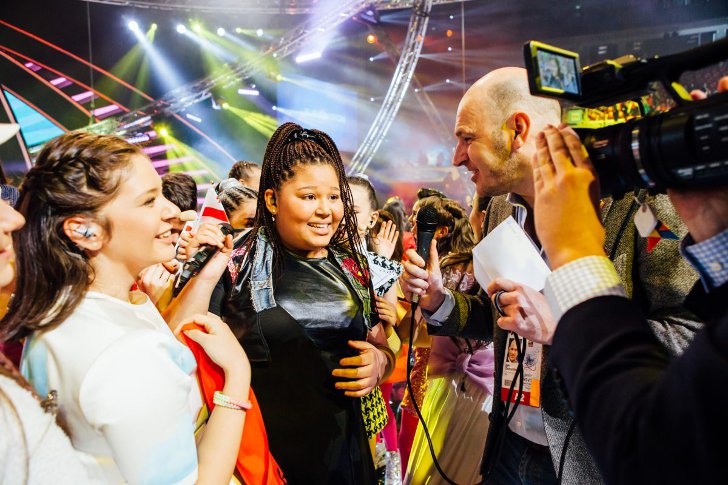The history of the Junior Eurovision Song Contest began in 2000, when Denmark’s national broadcasting corporation DR organized a song contest for the Danish children. It was such a success that in 2002 Denmark, Norway and Sweden cooperated to hold a Scandinavian song contest for children which was named MGP Nordic.
The EBU was inspired by the idea for a children’s song contest and made it a pan-European event by opening the competition to all EBU member broadcasters. The inaugural contest was held in 2003. It took place in Denmark due to the country’s experience with MGP Nordic. Denmark, Sweden and Norway left the contest in 2006 due to concerns over the ethical treatment of contestants.
The JESC is held in a different country every year. Unlike the adult version of the contest, the winning country does not automatically become the host of the next contest. The host country of the children’s contest is chosen beforehand. Countries that have hosted the Junior Eurovision Song Contest include Denmark, the Netherlands, Ukraine, Belarus, Armenia, Bulgaria, Cyprus, and Malta.
The competition is open to children between the ages of 10 and 15. Before 2007, the lower age limit for participating was 8, like in MGP Nordic. All contestants are required to sing live during the competition. The winner is decided by 50% televote (viewers are not allowed to vote for the representative of their country) and 50% professional jury vote. In general, the Junior Eurovision Song Contest is very similar to its adult prototype as far as the format and rules are concerned.
Only member broadcasters of the European Broadcasting Union are allowed to participate and vote in the JESC. This includes not only active members but associate members as well. For example, Australia made its debut in 2015. Over the years, more than 30 countries have participated in the contest, but only two (the Netherlands and Belarus) have sent a contestant to every contest as of 2015. Countries that have won the contest include Croatia, Spain, Belarus, Russia, Georgia, the Netherlands, Armenia, Ukraine, Malta, and Italy.

Photo: junioreurovision.tv



